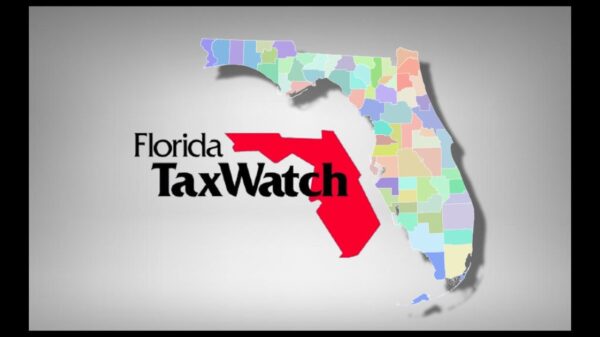This week, Florida TaxWatch (FTW) released a comprehensive briefing on Florida’s child welfare case manager retention crisis, “A System in Crisis: Stabilizing Florida’s Child Welfare Workforce,” wherein FTW presents factors contributing to high attrition rates and considerations for stabilizing this critical sector of the state’s workforce.
Florida TaxWatch President and CEO Dominic Calabro weighed in on the report on Monday.
“We have a moral and legal obligation to the children who find themselves caught up in the child welfare system through no fault of their own. It is our duty to protect them and to put those tasked with that job in a position to succeed. The men and women who work tirelessly every day to ensure the safety and wellbeing of Florida’s vulnerable children deserve to be well-equipped, adequately compensated, and supported. Currently, child welfare case managers’ salaries are not commensurate with their extreme caseloads and expanded hours – not to mention the all-consuming stress of the job – which is leading to more and more case manager departures,” he said.
“Every time a case manager leaves, it costs the child welfare agency between 30 and 200 percent of that individual’s annual salary, while also compromising established relationships with clients served. Each new case manager must start over from scratch with the adults and the children, which can reinforce feelings of instability and abandonment for the children and depress the adults’ belief in the process. It is a vicious cycle,” Calabro added. “For the benefit of all involved, we must solve this problem. If there was just a 10 percent reduction in case manager turnover, it could save Florida up to $22.16 million and improve the outcomes of children and families across the state, which is why Florida TaxWatch supports additional funding for child welfare case managers.”
According to FTW, the average annual salary for a child welfare case manager in Florida is $39,646, approximately six percent below the national average of $42,197. It translates to $19.06 an hour, and when analyzed by a trusted living wage calculator, that is only considered a living wage for one adult with zero children, two adults (both working) with zero children, or two adults (both working) with one child in Florida.
Additionally, while the Florida Department of Children and Families recommends case manager caseloads be capped at 10-12 children, all but one of the child welfare agencies in the state have an average caseload above that range. In fact, six of the agencies have average caseloads above 20.
As a result, FTW notes that the state’s child welfare agencies are reporting attrition rates over 50 percent.























